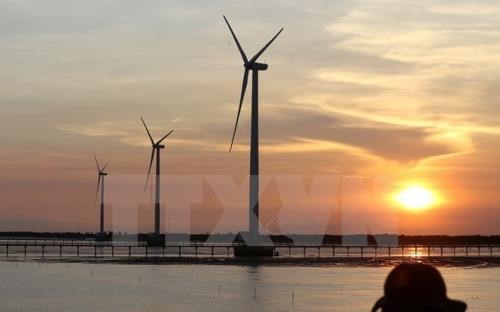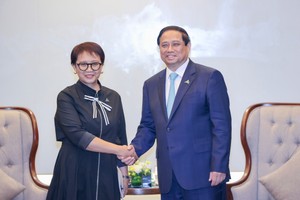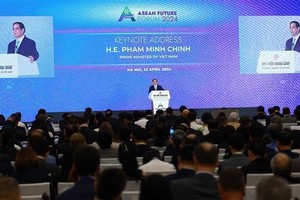
The Green Finance Needs in ASEAN, conducted by Singapore’s DBS Bank and the UN Environment Inquiry into the Design of a Sustainable Financial System, finds that about 3 trillion USD is needed for green investment between 2016 and 2030, 37 times the size of the global 2016 green bond market.
Current annual ASEAN flows of green finance are estimated at 40 billion USD, against an average annual need of roughly 200 billion USD to 2030.
This investment spreads across infrastructure (1.8 trillion USD), renewable energy (400 billion USD), energy efficiency (400 billion USD) and food, agriculture and land use (400 billion USD).
Indonesia will require the largest volume of green finance. Substantial investment opportunities also exist in Thailand and Vietnam.
Approximately 75 percent of current flows come from public finance and the remaining 25 percent from private finance, largely in the form of commercial loans. Future public contributions are anticipated to drop to around 40 percent. This means that private green finance flows will need to scale up by a factor of over ten to meet the demand.
Asian Development Bank (ADB) research shows that ASEAN members are more exposed to such risks than the global average – down to significant poverty rates, economic dependence on environmentally sensitive industries, geographic vulnerability to climate effects, and rapid population growth.
To reduce its vulnerability, and provide long-term economic stability and prosperity, the ASEAN region needs put itself on a sustainable trajectory. This will require substantial amounts of green investment.
“Green investment in the ASEAN region can transform the region into a green economic powerhouse that supports a growing population, and provides returns for investors,” said Ma Jun, UN Environment’s Special Advisor on Sustainable Finance and Co-chair of G20 Green Finance Study Group. “This report lays out ways in which the ASEAN region can unlock this investment and protect its people, environment and economies.”- BY VIETNAMPLUS.
























